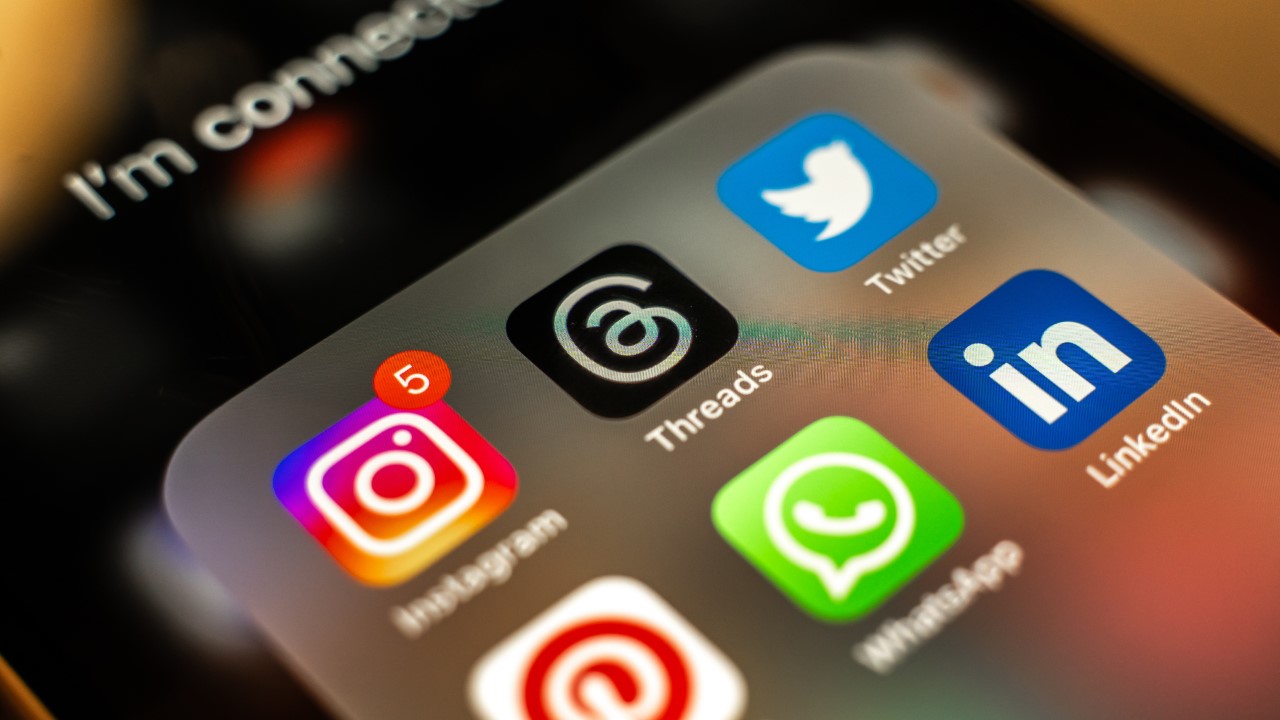Overuse of technology can have adverse effects on our mental health. Poor sleep is a common concern, while low moods and depression can also arise in more severe circumstances.
Smartphone addiction is a regular root cause of these issues, but fortunately, there are several ways to address it.
1. Turn Off Non-Essential Notifications

Do you need constant confirmation that someone has liked your photo or that a random stranger posted an irrelevant update on their social media account? Probably not.
When a notification comes up on our phones, we feel compelled to explore it, but most are not essential reading. Keep the most important notifications, and block the rest.
2. Keep Phones out of the Bedroom

Waking up and immediately looking at your phone is wrong for several reasons. Our self-control levels are higher in the morning, so you should have better resistance. Once you start scrolling, it’s much harder to stop.
Leave your phone alone for at least an hour in the morning.
3. Buy an Alarm Clock

The biggest issue with the first tip is that many people use their phone as an alarm clock. Unfortunately, when the alarm sounds, the natural next step is to switch it off and check your messages, social media, etc. Alarm clocks are a cheap alternative and can ensure your phone stays out of your bedroom.
4. Change Your Morning Routine

If your morning schedule begins by checking your phone, it’s time to change that routine. Start things off differently by making a coffee, having breakfast, or even exercising.
Habits take time to form, but when the new routine is in place, you can fill that first hour before you need to grab your smartphone.
5. Try Other Activities

We often pick our phones up due to boredom; if we don’t replace our phone time with other activities, our overuse will likely continue. Try different things, such as meditating or cooking a new dish.
Our brains need to be occupied in the early stages of overcoming addiction, so why not use this as a perfect opportunity to try something new?
6. Monitor Your Usage

iPhones can send weekly updates on our usage, which is one way to monitor how much time we spend on our devices. However, there are ways to check this more regularly.
Apps such as Checky offer detailed data, including how many times you unlock your phone daily. Install one of these apps and set targets to reduce your usage.
7. Turn Your Phone Off

Small steps can gain momentum and eventually form a habit. Start by switching your phone off for 30 minutes. Then, when you discover you can live without your device, progress to an hour.
Your dependency will disappear, and this steady approach will gradually reduce the time you spend on your phone.
8. Address Your Fear of Missing Out

Many of us remain attached to our mobile phones throughout the day because we fear missing out (FOMO). We may miss a vital news update or our favorite celebrity’s latest social media post.
Limiting phone use means we will occasionally miss updates, and we need to accept that. Those posts will still be there when we log back on. Go out and have a good time with friends.
9. Play the Check Forfeit Game

This is a fun tip worth trying next time you’re out for lunch or a coffee with friends. The aim of the game is to place all phones face down in the middle of the table. You must resist the urge to pick them up when they buzz or light up. The first person to give in has to pay the check.
Phones on the table are an issue for many. It’s rude and usually unnecessary, and this is a great way to address that.
10. Use Printed Media

Newspapers are slowly becoming obsolete; many people are heading online for news. While newspapers still exist, you can take advantage of a chance to enjoy some downtime from your phone.
Today’s papers are comprehensive journals that provide reviews, opinions, and listings, among other things. The news might be a day behind, but there’s plenty to read, which offers an opportunity to put that smartphone away.
11. Shut Your Office Door

One of the issues I have with smartphones is my inability to stay away from work when I use them. Business emails and apps are accessible in the evening, and switching off is difficult.
One suggestion that helped me was to shut the door to my home office. If you’re among the many involved in home or hybrid working, this is a neat mind trick that may help. It confirms that business is done for the day, which may mean you’re less inclined to look at work-related information on your phone.
12. Keep a Journal

Any form of addiction needs to be managed carefully. You won’t see results overnight, and reducing your mobile usage is gradual. Many individuals keep a diary, and any reductions can inspire them to keep going.
Journalling can also boost mental health, so this approach has many advantages.
13. Use App Limiters

Apps can monitor your phone use, and some will take things a step further. You can download an application that automatically limits the time you spend on your device. When you set the limit is up to you, but 30 minutes is a good starting point. Once you reach the limit, the app will switch you off.
You can also set warnings and limits for when you can log back on.
14. Remove Social Media Apps

It’s a drastic step, but it’s an option to seriously consider if your phone use is out of control. By removing social media apps such as X, Facebook, and others, there is less chance of you randomly opening your phone without thinking.
You don’t have to detach from social media entirely: All apps can remain on your PC or laptop to update and inspect at less regular intervals.
15. Consider Therapy

Smartphone addiction is a severe issue. It even has a name: “nomophobia,” which is used to describe the fear of being without a mobile device.
If these tips have failed, licensed therapists are happy to help. CBT therapy has been beneficial for some, so don’t be afraid to seek help if your smartphone use is getting out of control.
Read More From Us – 17 Movies With Zero Expectations That Blew Us Away

Never judge a book by its cover. You can say the same about movies.
Some of our favorite films are the ones we went into with no expectations. Despite this, they blew us away from start to finish.
17 Movies With Zero Expectations That Blew Us Away
Read More From Us – Classic 80s Movies Better Than Anything Released Today

The 80s was an incredible time for film. From award-winning cinema to hilarious comedies and everything in between, there was something for everyone to enjoy.
Thankfully, many of these 80s movies still hold up today. I regularly find myself watching these beloved 80s movies more often than modern cinema.
